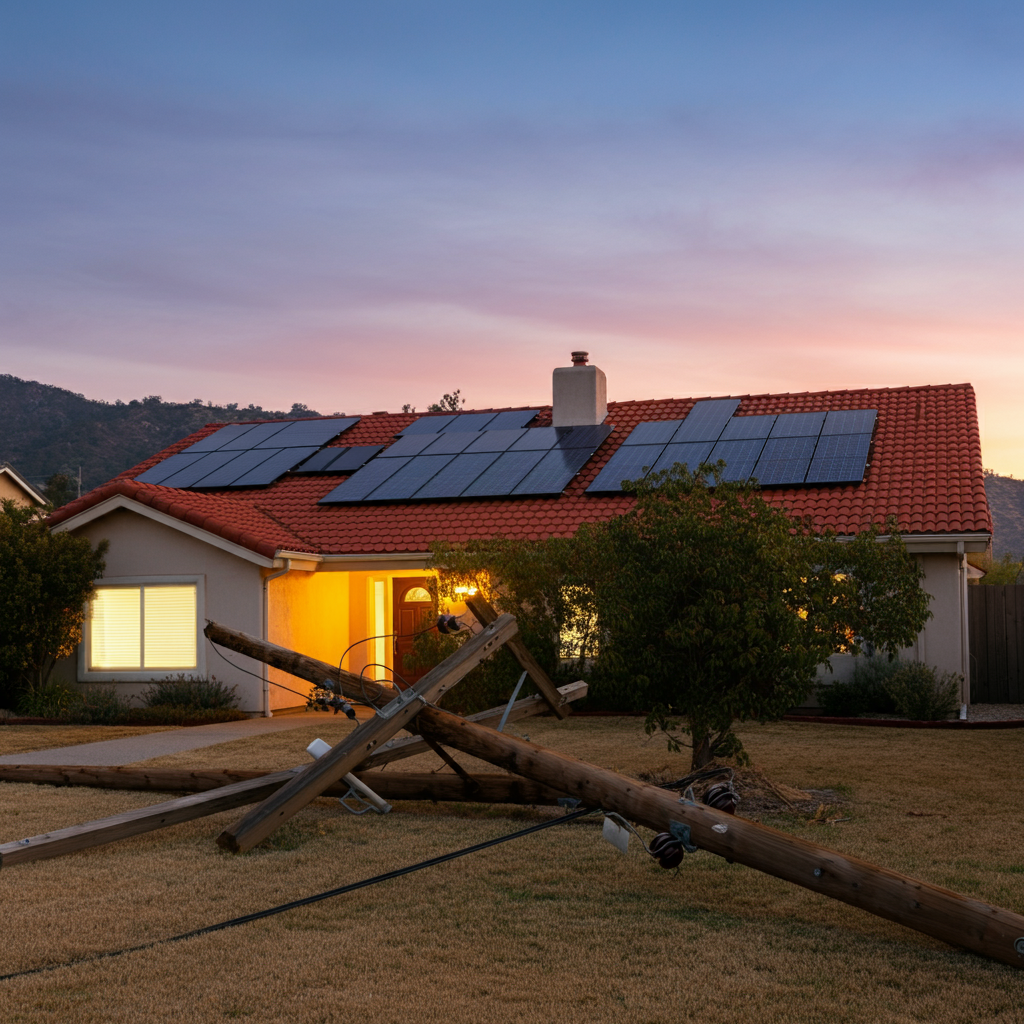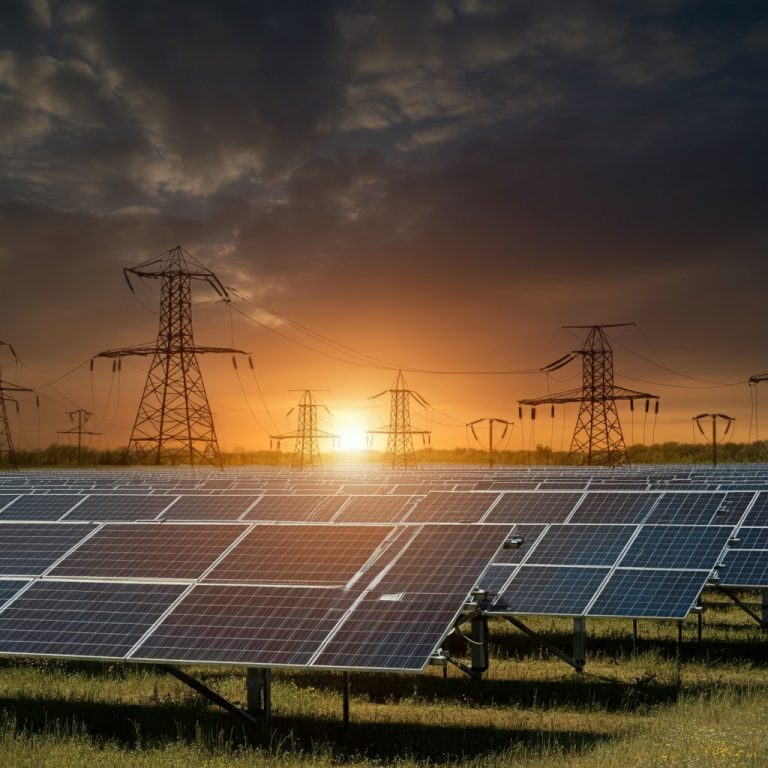Electricity has become one of the most crucial aspects of modern life. Yet, a significant 69% of the Nigerian population claim to have an average of one to nine hours of power supply, an unimpressive figure. This means most Nigerians spend about fifteen to twenty-three hours without electricity if they don’t seek alternatives. Isn’t that scary?
With such a low power supply range on an average day and the possibility of blackouts caused by national grid collapse, there are more reliable power supply sources than NEPA, and switching to solar energy is one of them.
What to Consider Before Choosing Off-Grid Solar
Are you considering it already? Believe me, going off-grid isn’t a one-step transition. There are certain some factors you must consider before cutting ties with the national grid:
1. Evaluate Your Energy Need
Like the saying goes, “Before you build a house, you must first sit and count your cost.” It is the same with solar energy also. You must evaluate the energy you need. Your home or business’s average daily energy consumption will mainly determine the size of your off-grid solar system.
So, you have to answer questions like, how many appliances do I have? How much energy do they consume? How many people will be using the power? Once you have drawn a rough estimate of your energy needs, you can determine the size of the off-grid solar and battery system.
However, you don’t need to make these calculations alone. An off-grid solar expert can help you determine the solar system size for your home or business based on your energy needs.
2. Factor in Your Future Plans
When switching from NEPA to solar energy, you should consider your future energy needs. Factor in your plans. Do you intend to buy more electronic appliances? Would you expand your business?
For instance, would you upgrade from standing fans to air conditioning systems? If your plans require extra energy consumption, it’s best to account for this future need by investing in a more extensive solar system or additional battery storage ahead of time.
3. Consider the Availability of Sunlight in Your Location
The next thing to consider is the availability of sunlight in your location because climate greatly influences solar energy generation.Sun irradiation–the electromagnetic radiation emitted by the sun—will also affect how much energy your off-grid solar system can generate.
While Nigeria has a general tropical climate, the sun irradiation differs from region to region. Thus, the solar expert will typically determine how much sunlight you get when deciding the size of your solar package.
Your solar specialist will also consider factors like shadings from trees, average sun hours, and the land’s topography. Overall, these will help you decide the best location and tilt to gain optimal sunlight capitalization for your solar panels.
If you are still determining if completely switching from NEPA to solar energy and saying goodbye to the power grid is the best option. Here are some benefits of choosing zero energy to consider:
1. Independence and Greater Control
The independence that comes with living off the power grid is a great incentive to choose an off-grid solar system. You no longer have to rely on NEPA where you don’t have control of when you get electricity supply.
However, solar energy is an entirely different story. With a solar package, you become self-sufficient by generating your energy. You also gain independence and control your electricity supply, deciding when you need it and how much energy you consume.
2. Staying Above Blackouts
When connected to the power grid, blackouts, lasting days or even weeks, could occur anytime during extreme weather or national grid collapse. This could hamper activities and cause discomfort.
However, when you go off-grid, you eliminate blackouts by generating electricity and having complete control of when you turn it on. Even during rainy days, you can utilize saved-up energy or rely on generators during prolonged rainy periods.
3. Environmentally Friendly
One great advantage of switching from NEPA to solar energy is that you can be more environmentally friendly. Solar energy is a renewable energy source, ensuring zero carbon emissions. Hence, you contribute to a cleaner, greener, and sustainable earth.
4. Reduce Electricity Costs
With the cost of electricity supply rising frequently, going off-grid reduces electricity costs dramatically. Although the initial cost of an off-grid solar system is high, there are no further expenses after your one-off payment, and maintenance costs are very low, making it cheaper in the long run.
With the national grid being unreliable and the electricity tariff on the high side, completely switching from NEPA to solar energy offers the best protection against blackouts and electricity price hikes.
When transitioning from the national power grid to off-grid solar, evaluate your energy needs, factor in your plans, consider the sun’s availability, and decide on your days of autonomy. An off-grid solar expert will be in the best place to help you on your journey and ensure you get the most suitable package for your home or business.



